Strong messages from all sides
Hezbollah's missile attack on Israeli territory on September 22 marked a new phase of military operations, said Hezbollah Deputy Secretary General Naim Qassem. Israel counted about 150 rockets launched into the north of the country on Sunday.
According to the country's authorities, most of them were shot down by air defense forces. "We have entered a new phase... Threats will not stop us: we are ready for any military scenario," Naim Qassem was quoted as saying by Al Mayadeen TV channel.
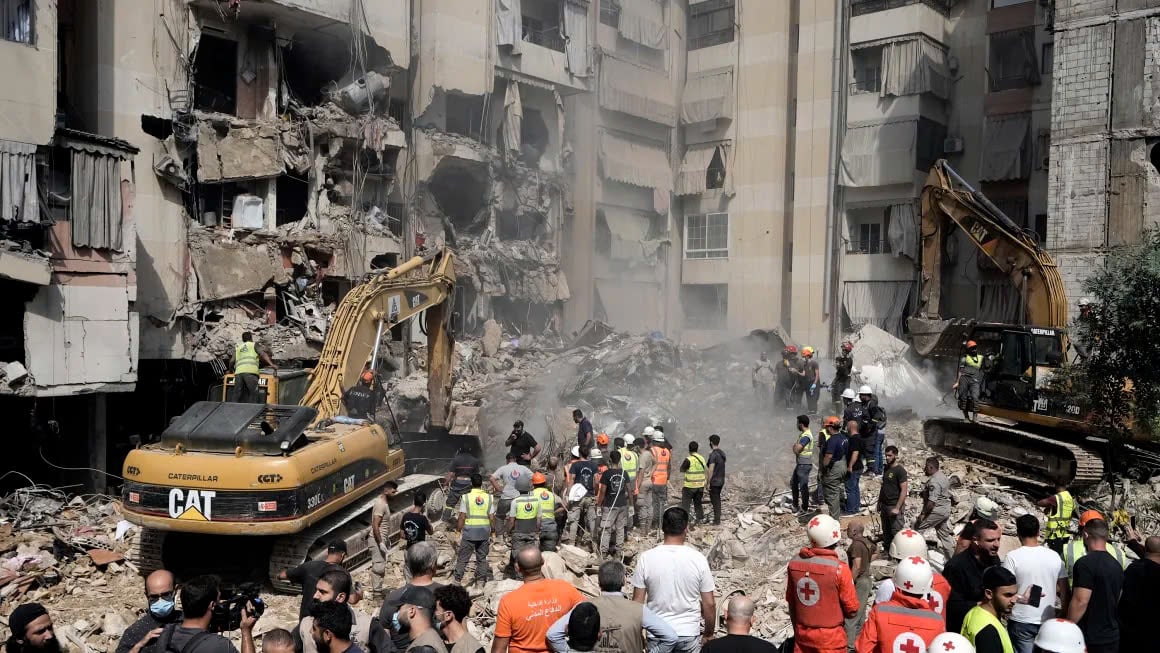
Rubble after an Israeli airstrike on the southern outskirts of Lebanon's capital Beirut. Photo: AP
Hezbollah’s press office said on Sunday that one of the goals of the attack was to respond to a “massacre” for which it blamed Israel for direct responsibility, involving explosions of pagers, walkie-talkies and electronic devices on September 17-18. Local authorities said 37 people were killed and more than 3,000 were injured.
Earlier, on September 18, after a second wave of communications equipment explosions in Lebanon, Israeli Defense Minister Yoav Galant announced the start of a new phase of the war and shifted the focus to the northern front, i.e., southern Lebanon, while emphasizing that missions in the Gaza Strip “are also underway.” Subsequently, the Israel Defense Forces (IDF) launched a series of major attacks on Lebanon; in which, the attack on the outskirts of the capital Beirut on September 20 killed 45 people, including 16 Hezbollah members.
IDF Chief of Staff Herzi HaLevi said on Sunday that the attack sent a clear message not only to Hezbollah, but to the entire Middle East: “We will strike anyone who threatens the people of Israel.” Herzi HaLevi assured that “the price Hezbollah will pay will be huge and the attacks will increase.” The Israeli military assured the people of the north of the country that they will soon be able to return to their homes, which they were forced to leave due to Hezbollah attacks.
Israeli Prime Minister Benjamin Netanyahu also made a strong statement, seemingly hinting at Israel's involvement in the device explosion in Lebanon: "In the past few days, we have dealt Hezbollah a number of blows that they cannot even imagine. If Hezbollah has not received the message yet, I promise they will soon." However, Israeli President Isaac Herzog told Sky News that his country was not involved in the operation and that Hezbollah has "many enemies".
The correlation of forces between Hezbollah and Israel
According to Global Firepower, the IDF is the 17th most powerful army in the world . Accordingly, the IDF currently has about 169,500 regular soldiers and 465,000 in the reserve force. When the war against the Hamas movement broke out, about 300,000 of these people were mobilized. The IDF's arsenal includes armored vehicles and tanks, artillery, missiles, fighter jets, helicopters, warships and unmanned aerial vehicles (UAVs). Tanks - an important support vehicle for conducting operations on the ground - are more than 2,200 in the IDF's inventory.
The Israeli Air Force is equipped with 340 aircraft, including 196 American F-16 fighters of various versions, as well as 145 helicopters. Israel also has a nuclear arsenal. According to estimates by the Stockholm International Peace Research Institute (SIPRI), Israel's nuclear arsenal includes about 80 nuclear warheads: 30 of them are air bombs, and the rest can be used as medium-range ballistic missiles “Jericho-2”, which are believed to have been deployed to a military base in east Jerusalem.
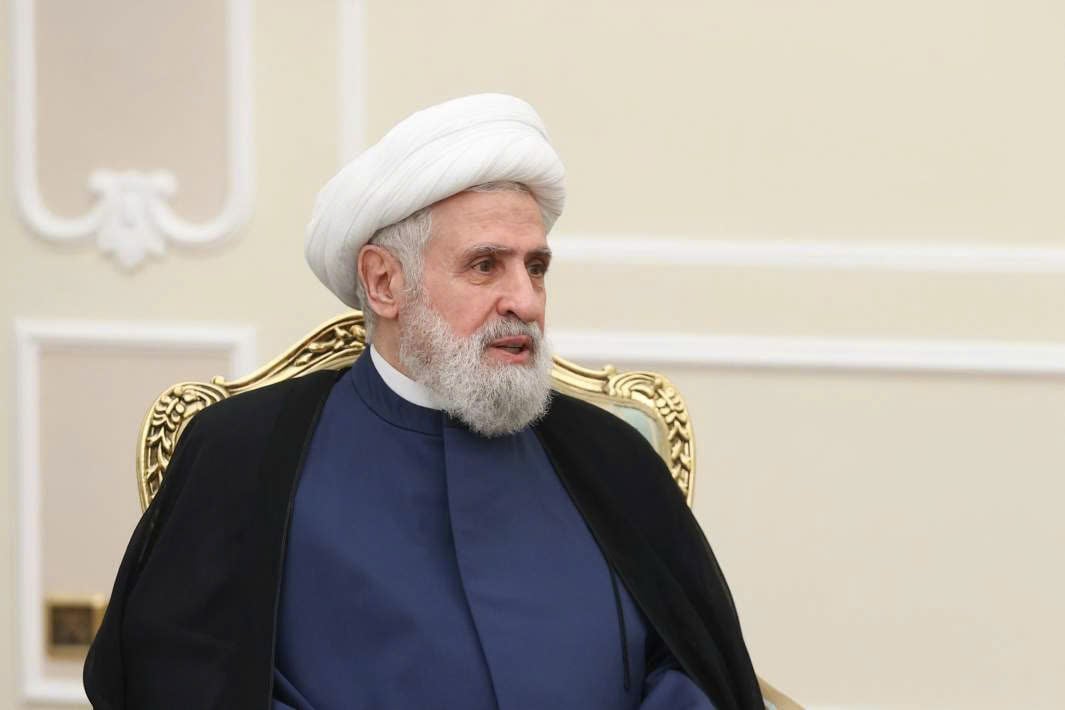
Hezbollah Deputy Secretary General Naim Qassem. Photo: Global Look Press
According to IDF estimates, Hezbollah has 20-25 thousand fighters in its ranks and also has tens of thousands of reservists. The Israeli military has identified the Radwan force, a unit commanded by Ibrahim Aqil that operates inside Israel and plans to capture border areas and communities, as its greatest threat.
The IDF estimates the unit's strength at several thousand highly trained fighters, some with combat experience in Syria. Hezbollah leader Hassan Nasrallah claimed in 2021 that he had 100,000 trained fighters under his command, more than the Lebanese army (about 85,000).
Compiling various figures, Hezbollah's arsenal is estimated to include 100,000-150,000 Iranian and Russian-made missiles and artillery shells of various ranges, including high-precision missiles, unguided shells, as well as about 140,000 mortar shells. In comparison, Hezbollah's arsenal is more powerful than the armies of some countries. Hezbollah says its missiles are capable of hitting targets anywhere in Israel.
According to the IDF, Hezbollah is also equipped with several hundred UAVs, some with a range of up to 400 km, 17 air-to-surface missile systems, and about 100 anti-ship missiles. Hezbollah also claims to have surface-to-air missiles that have successfully shot down Israeli drones. Hezbollah has no aircraft or armored vehicles in Lebanon, but according to some reports, the group has several T-72 and T-54/55 tanks, which are currently deployed in neighboring Syria.
The risk of the conflict escalating into all-out war
Izvestia newspaper quoted orientalist Leonid Tsukanov as saying that despite the increasing confrontation and loud statements, both sides are not yet ready for a large-scale war.
“The sides continue to test each other’s strength. Hezbollah has intensified its attacks on Israel’s border areas, and Israel has accelerated preparations for a large-scale military operation in the border area. However, the Israeli cabinet remains “restrained” in its decisions due to concerns that after the incursion into Lebanon, the hostage negotiations with Hamas may be forgotten. In addition, many in the Israeli General Staff believe that the operation against Hezbollah will fail, and therefore Netanyahu cannot proceed with this operation without adequate grounds,” Leonid Tsukanov stressed.
The IDF has been fighting in the Gaza Strip for almost a year and has yet to achieve the objectives set by the Israeli army. According to official data, since the operation began in October last year, Israel has lost 346 soldiers in the Gaza Strip. The total number of Israeli soldiers killed since the offensive by the Palestinian Hamas movement on October 7, 2023, has exceeded 700. Therefore, it will be very difficult for the IDF to conduct two ground operations at the same time.
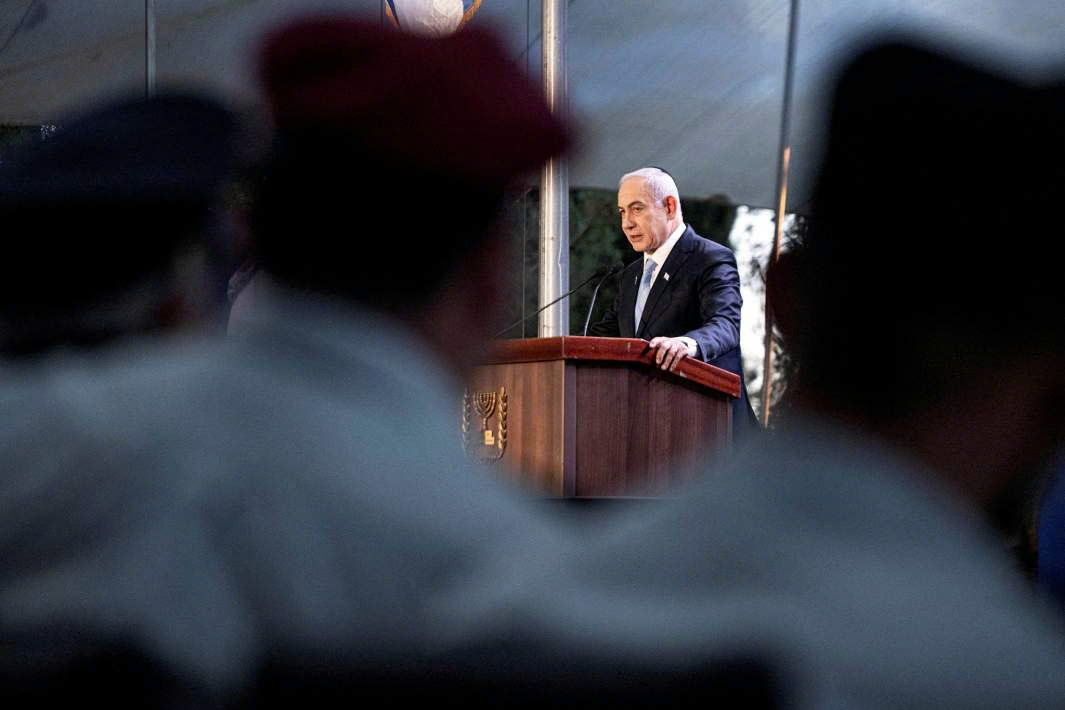
Israeli Prime Minister Benjamin Netanyahu. Photo: Reuters
Expert Ivan Bocharov, Program Coordinator of the Russian International Affairs Council (RIAC), said that despite suffering many losses recently, Hezbollah still maintains high combat capabilities and can cause significant damage to the Israeli army.
“Israel will most likely try to limit airstrikes to Hezbollah military targets and deter possible threats from the movement at minimal cost. The possibility of an escalation into a full-scale war should not be overestimated. It can also be said that Hezbollah’s ability to counter Israel has been weakened by the events of recent days. Due to the explosion of pagers and radios and the killing of several Hezbollah commanders in the Beirut attack, coordination within the organization has been significantly disrupted. Israeli airstrikes on launch sites and military targets have reduced Hezbollah’s potential,” Bocharov said.
Citing military sources, the Economist writes that Israel is still preparing a ground operation in Lebanon aimed at creating a buffer zone north of the border. Although the plan is ready, the IDF does not yet have the forces to carry it out. The publication also reports disagreements within Israel's highest military and political circles. Some are calling for a faster attack to take advantage of the chaos in Hezbollah's ranks. More cautious voices, including Defense Minister Yoav Galant, favor the current strategy of fighting slowly and steadily, forcing the Lebanese movement to reconsider its position and retreat.
Will Hezbollah's allies join the fight?
As Israel’s military operation in the Gaza Strip has shown, Hezbollah should not expect special help from Arab countries if the IDF launches a ground operation. According to expert Ivan Bocharov, countries in the Arab world are currently engaged in solving internal problems: from peace settlement and post-conflict reconstruction to modernization and economic reform.
“It seems that none of the Arab countries needs a major war in the Middle East, which would divert resources. Therefore, one should not expect their direct participation in the conflict or any joint actions,” Mr. Bocharov said.
Iran, one of Hezbollah's main allies in Lebanon, is in a unique position. Tehran is trying to find common ground in its dialogue with the West and will not benefit from the tension between Israel and Hezbollah.
Iran bears a great responsibility for both the possible consequences of the current escalation and what will happen to its ally. But the reality is that Iran is not ready to openly confront Israel due to the effectiveness of its recent actions. “Iran’s optimal solution could be to increase the scale of military support to Hezbollah, help restore its combat capabilities, or try to organize a protest action, for example, with the participation of allies – non-state actors,” says expert Ivan Bocharov.
Sharing the same view, Farhad Ibragimov, a lecturer at the Peoples’ Friendship University of Russia (RUDN), said that Iran does not want a direct military conflict with Israel. “Tehran has not yet confirmed that it is ready to provide full military support to Hezbollah. Iran will send weapons, military advisers, or even some of its combat units.”
Instead, another force in the Iran-led “Axis of Resistance,” the Houthis in Yemen, may intensify their attacks on Israel, forcing the latter to defend itself from multiple fronts, thereby indirectly relieving pressure on Hezbollah in Lebanon. The Houthis in Yemen have long declared their support for Hezbollah and their readiness to coordinate their attacks against Israel. On September 15, the Houthis announced that they had launched a “hypersonic missile” at a target inside Israeli territory.
Ha Anh
Source: https://www.congluan.vn/toan-canh-xung-dot-israel--hezbollah-nguy-co-chien-tranh-toan-dien-dang-den-rat-gan-post313709.html


![[Photo] The 4th meeting of the Inter-Parliamentary Cooperation Committee between the National Assembly of Vietnam and the State Duma of Russia](https://vphoto.vietnam.vn/thumb/1200x675/vietnam/resource/IMAGE/2025/9/28/9f9e84a38675449aa9c08b391e153183)
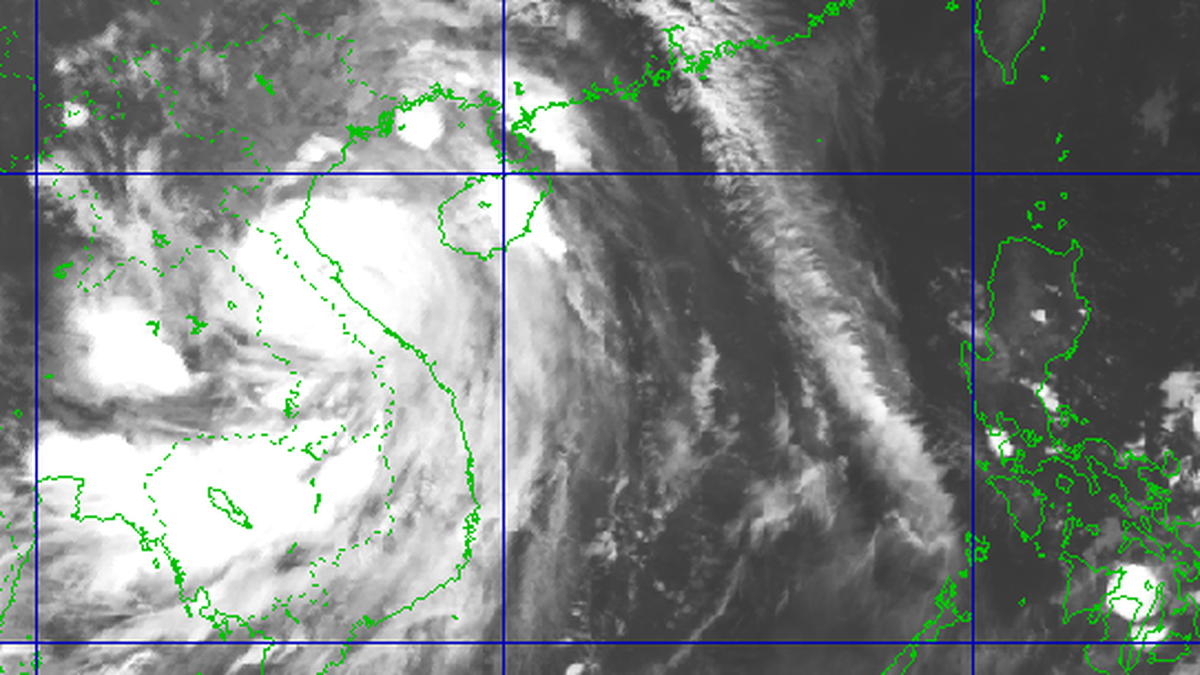

![[Photo] Joy on the new Phong Chau bridge](https://vphoto.vietnam.vn/thumb/1200x675/vietnam/resource/IMAGE/2025/9/28/b00322b29c8043fbb8b6844fdd6c78ea)

![[Photo] High-ranking delegation of the Russian State Duma visits President Ho Chi Minh's Mausoleum](https://vphoto.vietnam.vn/thumb/1200x675/vietnam/resource/IMAGE/2025/9/28/c6dfd505d79b460a93752e48882e8f7e)








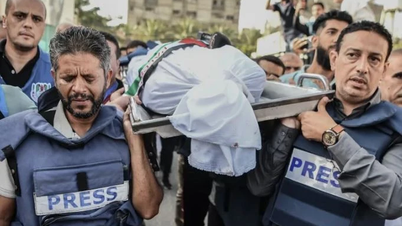









































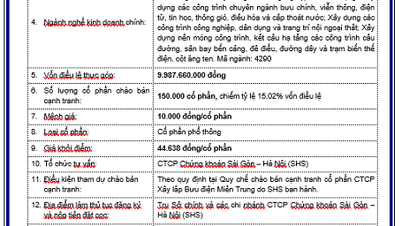







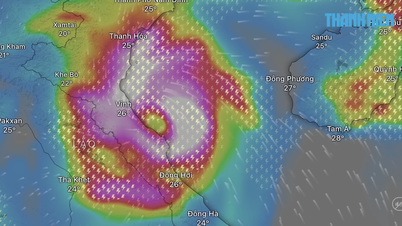
















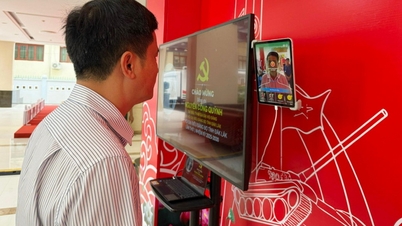




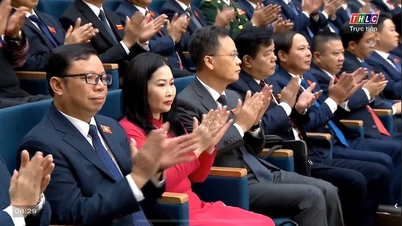













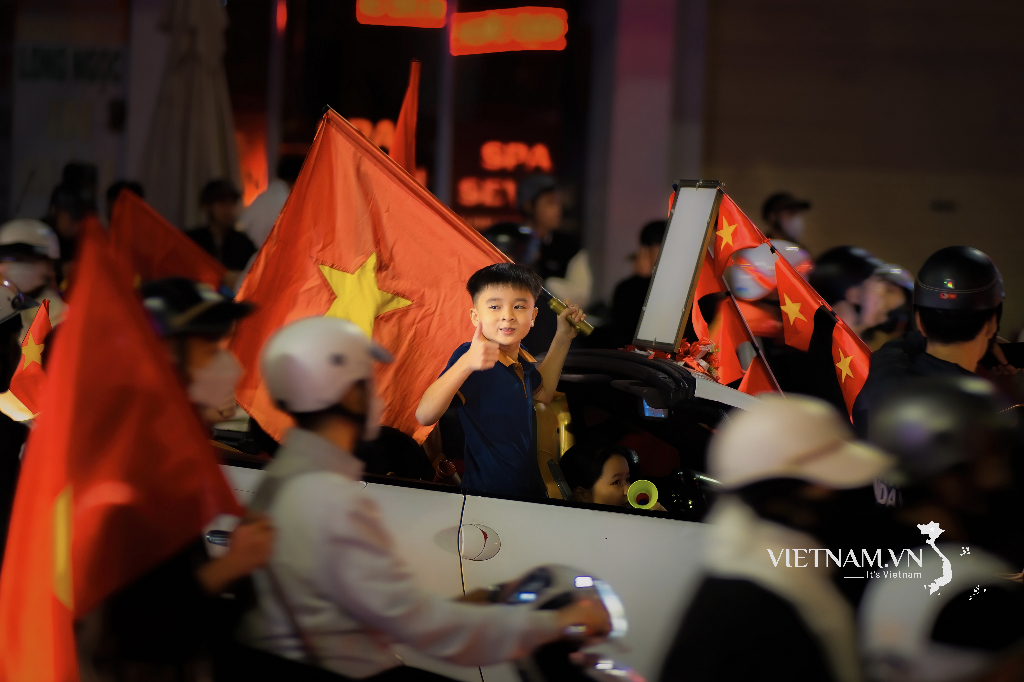
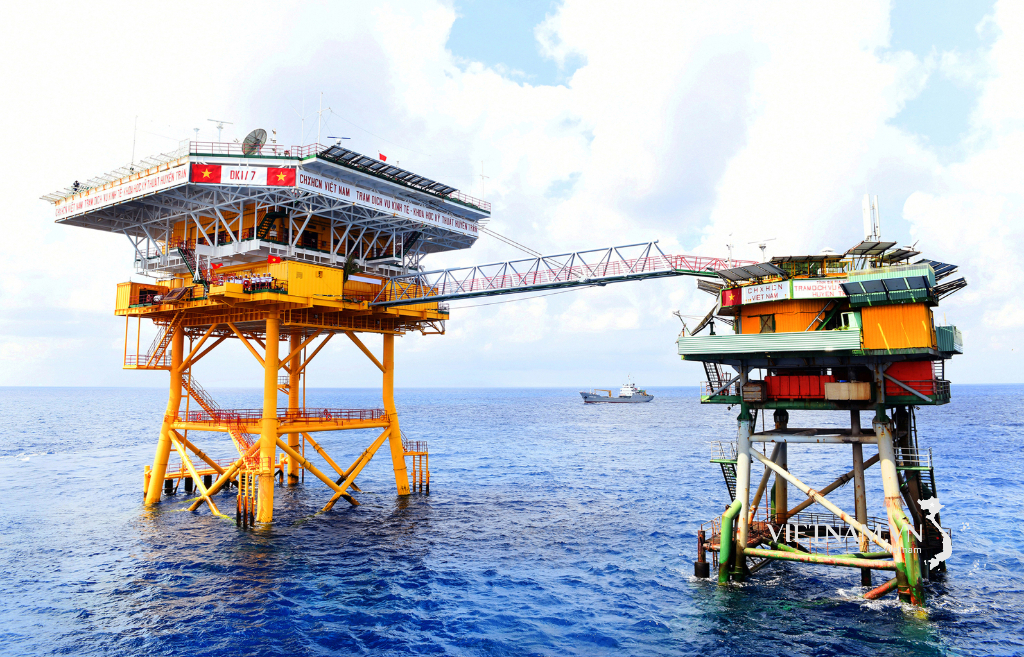
Comment (0)